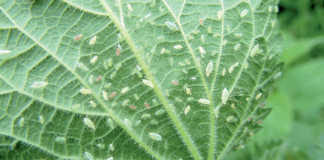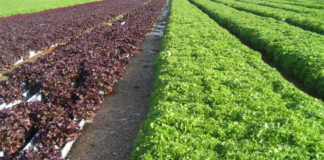A naturally occurring fungus is being tested as a non-chemical way to treat cattle ticks – good news for beef and dairy producers. Dr Diana Leemon, senior scientist of mycology at Agri-Science Queensland, says the trials applied spores of the fungus Metarhizium to the ticks in a similar way to conventional pesticides. Queensland primary industries minister Tim Mulherin says lab investigations showed that this fungus can kill 100% of engorged adult female ticks within 48 hours. But, he added, “further trials will ensure that any new formulation will be effective against all tick stages, particularly during the warmer times of year when they’re most common”.
Parasites a financial drain
“Parasites such as sheep lice damage wool and reduce yields causing significant losses for the producer,” explains Dr Leemon. “Lice cost the Australian wool industry A3 million (about R833 million) annually through lost production and control costs. Mulherin says cattle ticks, if left unchecked, can drastically reduce cattle live-weight gain and milk production. “And they’re carriers of tick fever, which can cause major cattle losses,” he says.Trials had shown Metarhizium can significantly reduce lice numbers on sheep. Thankfully, trials on cattle ticks with this fungus also look promising.
Market needs biopesticide
Dr Leemon says the ultimate goal is to commercialise this biopesticide, once the trails have finished in November.There are many chemical acaricides on the market to control cattle ticks, and currently 24 fungal biopesticide products are available worldwide, but none treat cattle ticks.Mulherin says the market potential for a fungal biopesticide to treat cattle ticks is huge.
And this biopesticide, he adds, would be easy to store and apply. Dr Leemon says that with rising concern over long-term and sustained use of chemicals, finding alternative, natural ways to control pests is important, as is reducing the impact of chemical residues on the environment. Source: Ministerial Media Statements from the Queensland Government website, 10 September.













